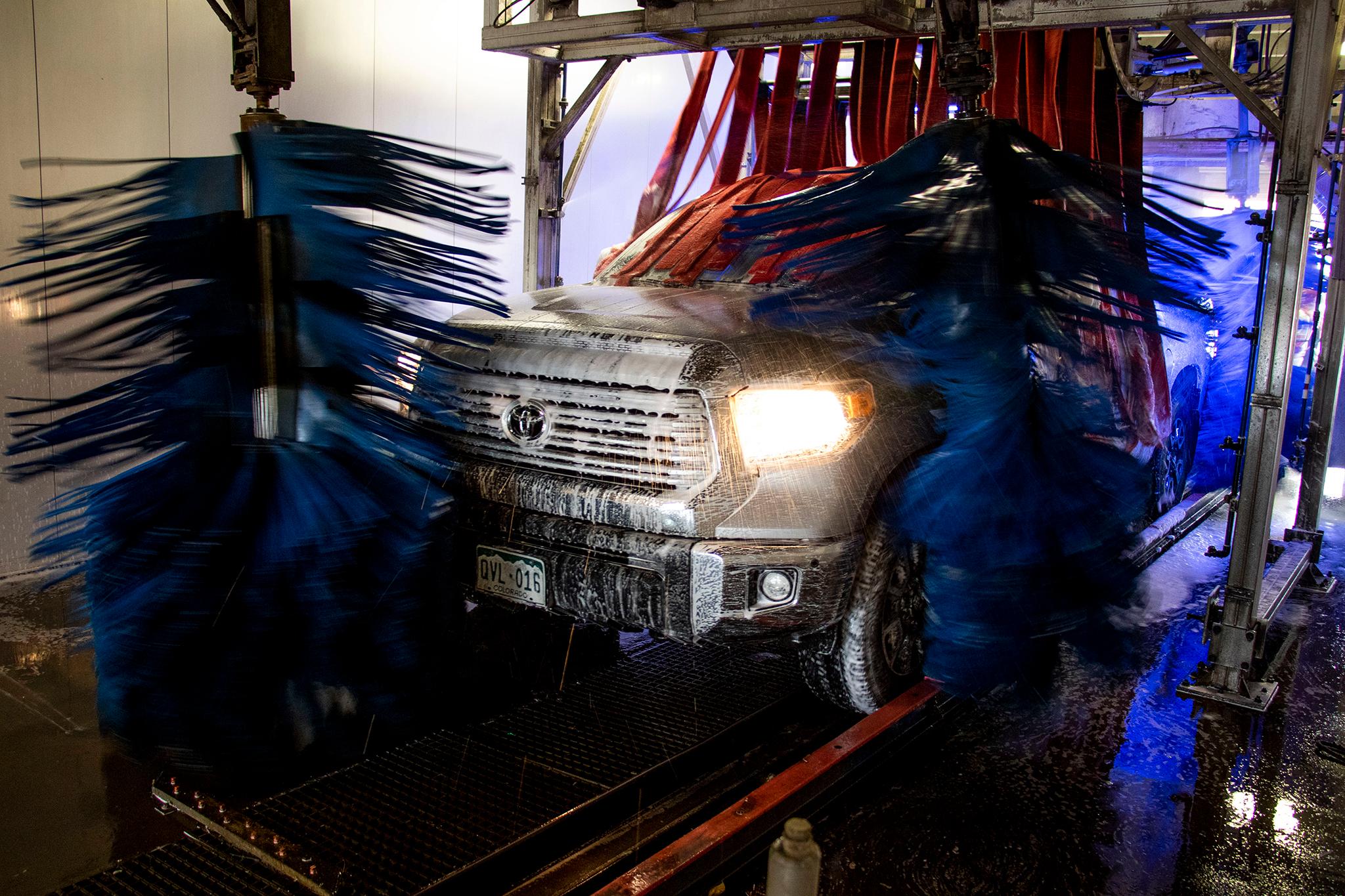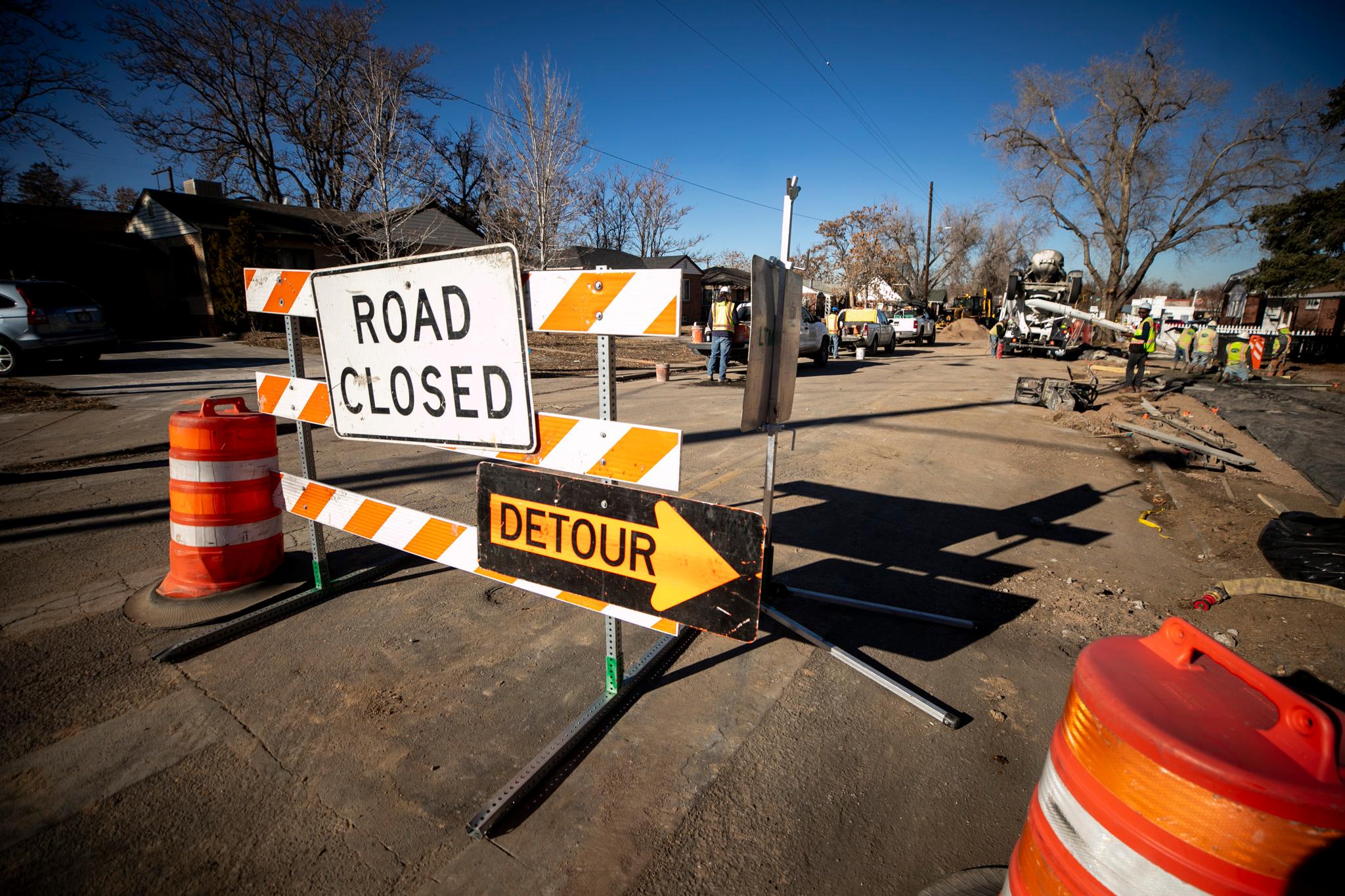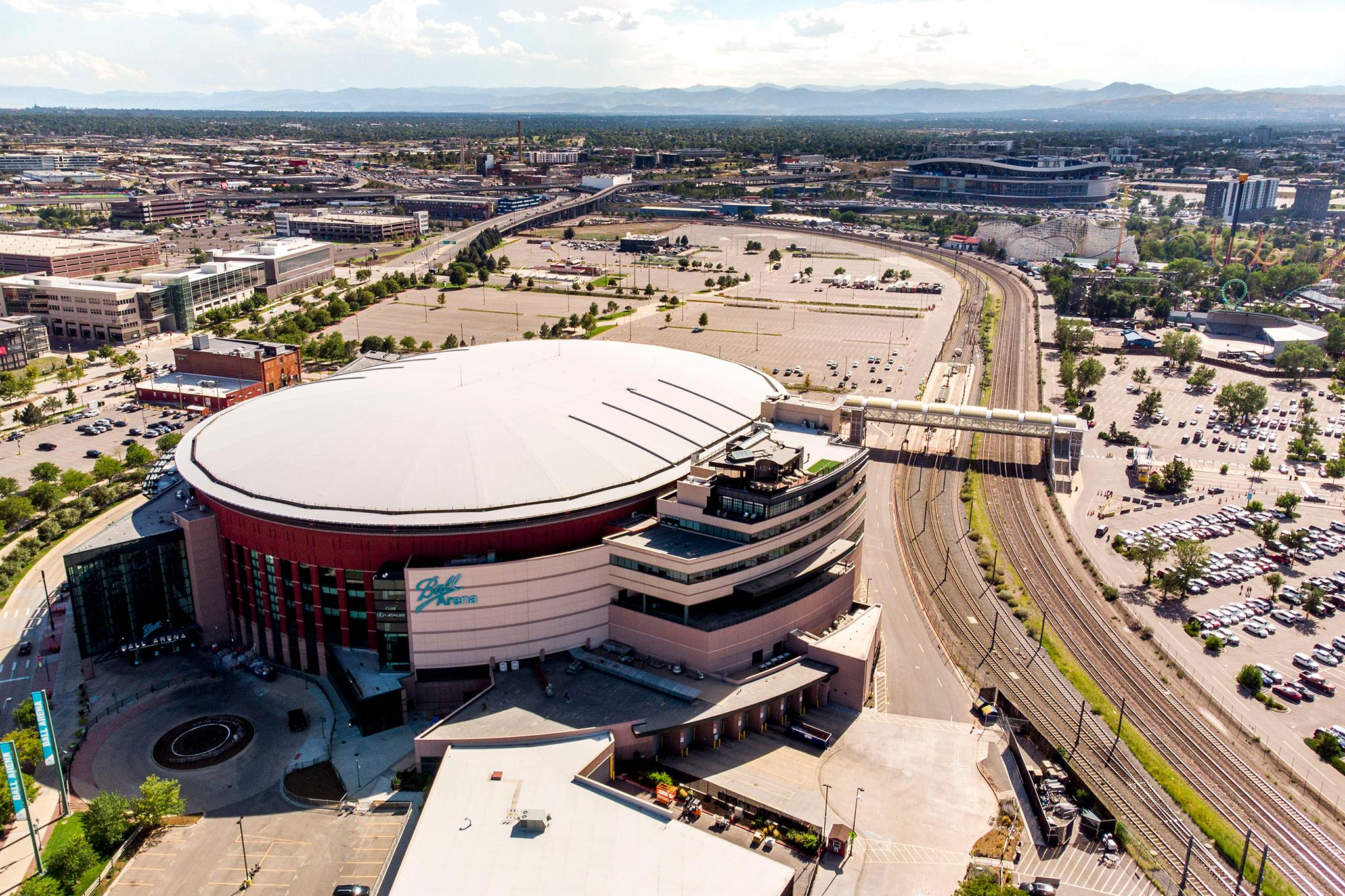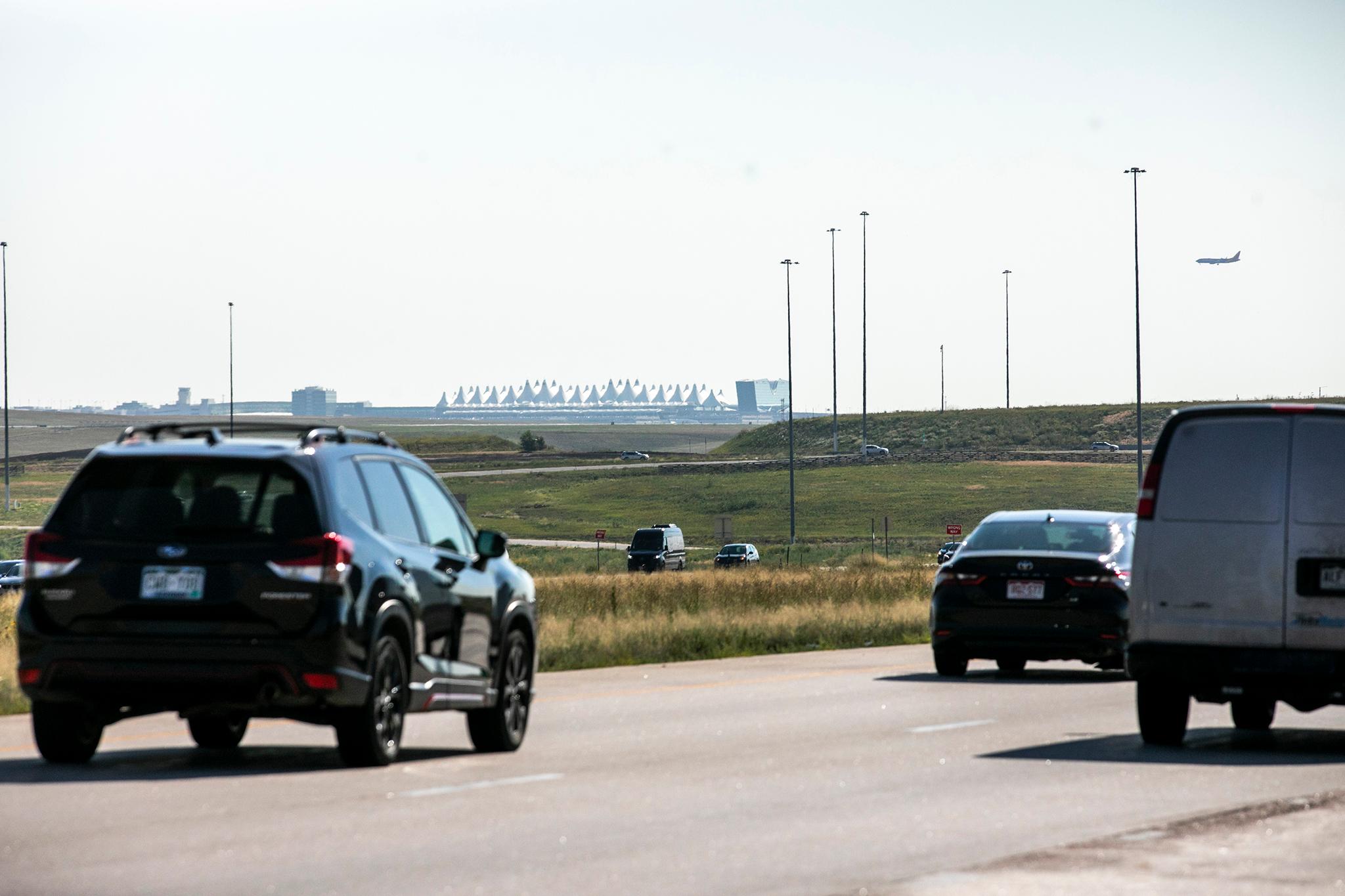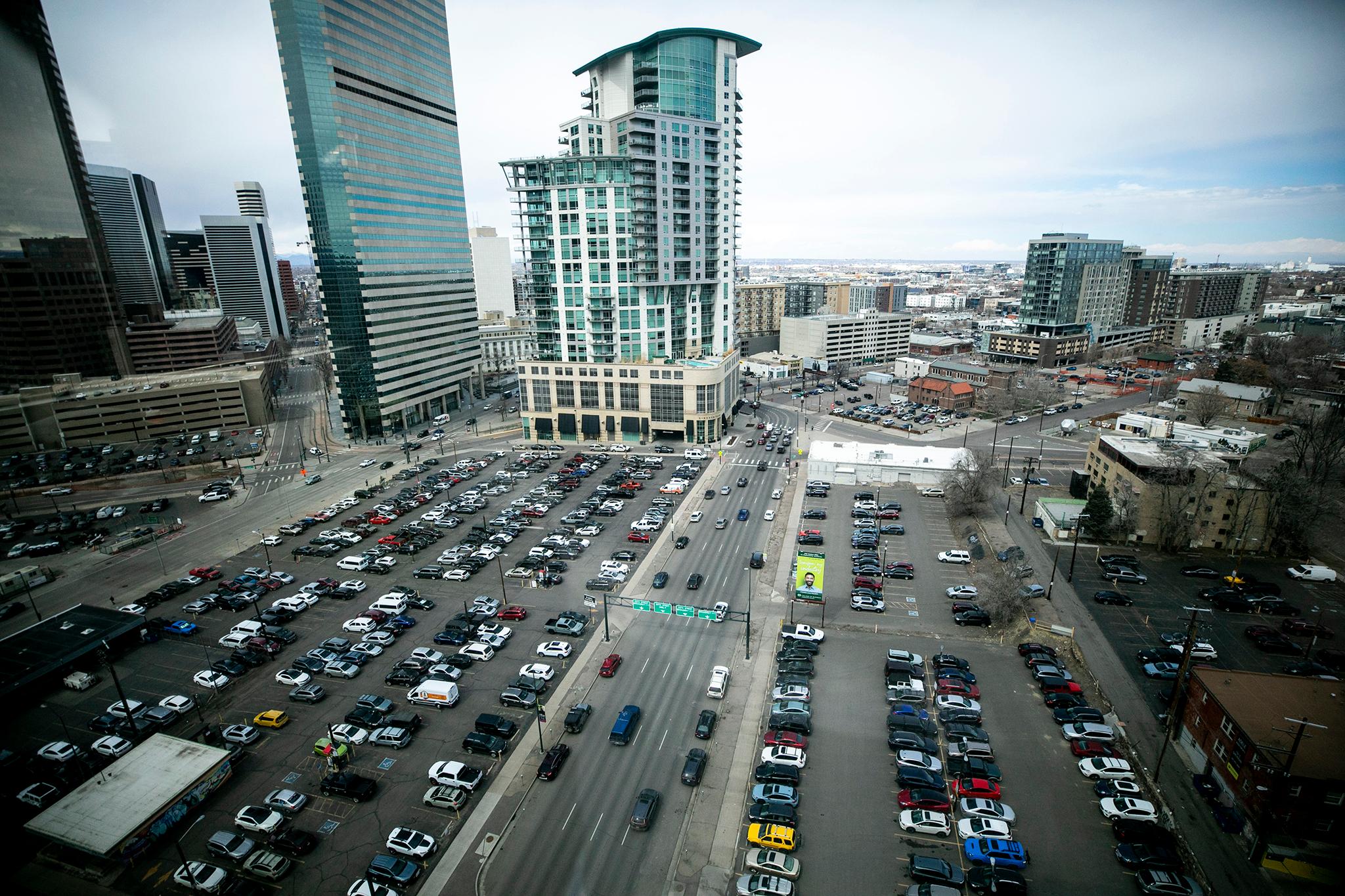When the pandemic shook up the cannabis industry, David Shi's private equity company decided to find new businesses in which to invest.
But what? Something trendy, techy and forward-thinking, right?
Not entirely.
The next big thing turned out to be a big thing invented in the '40s: automatic car washes.
A few years back, one of Shi's partners, Andrew, was on the East Coast. He had a playground conversation with a fellow parent, Nick, who owned a carwash. Andrew asked whether owning one car wash was tough when there were likely some big national players and chains to go up against.
But that wasn't really the case. The industry, Nick explained, was fragmented. Most car washes were owned by mom-and-pop operators. There aren't that many established companies threatening smaller businesses.
As Shi and his partners learned about the industry, they saw an opportunity.
"A lot of these owner-operators are starting to face succession issues," Shi explained. "Their kids -- I'm generalizing here -- want to go off to college. They want to go work for Google or they want to go do something else that's fun and sexy, and taking over the family carwash is not in the cards."
An enterprising start-up could buy those smaller businesses and take advantage of new trends that would make car washes even more profitable. Shi's company could invest in that.
One trend was the rise of express exterior tunnel car washes, which date back to the early 2000s.
Shi explained them this way: "It's when you stay in your car. You get pulled along a track through a tunnel, and the whole process takes maybe five minutes."
These express car washes cut out the need for hiring a bunch of people to do the washing and and are often speedier and greener than automatic car washes of the past.
They could be built for between $4 to $6 million and because multiple car washes could run simultaneously, they could service many more customers than the stand-alone automatic washes at many service stations. With a few of them, a business could wash up to 150 cars an hour, bringing in significant profit.
Back in the day, people had to have cash or change to feed into a machine to pay for the wash. No more.
Credit card technologies have made payments -- and tracking payments -- easier. And the possibilities go beyond one-off transactions.
Shi and his partners, inspired by gym and Netflix memberships, were intrigued by car washes launching a monthly all-you-can-wash membership program. They would give businesses a predictable amount of revenue. And in many cases, people would keep paying for washes they just weren't using.
Though Shi lives in Denver, most of the car washes he's investing in are on the East Coast. But there are some signs that some entrepreneurs are investing in the next-generation Denver car-wash scene.
In recent months, several new car washes have been proposed across the city, at least two in Goldsmith, one at 6880 Evans St. and another at 2253 S. Monaco St. Pkwy., and one in Westwood, at 5185 Morrison Rd.

There's also anxiety over at least one Denver institution being demolished to make way for a car wash, though, it's unfounded.
A couple weeks back, fear spread that Lake Steam Baths, the old Jewish West Colfax bathhouse that first opened in 1927, would be razed and turned into a bath for automobiles.
That theory made sense after a company called Boom Car Wash LLC purchased Lake Steam Baths, as BusinessDen reported. Had the company been called Boom Toothbrushes or Boom Burgers, people would have not-unreasonably assumed a toothbrush store or a burger stand were coming soon.

Turns out, that assumption was wrong. The name of the business had nothing to do with the new owners' plans.
Recently, they confirmed with BusinessDen that the plot would not feature a car wash. Instead, they say they plan to build several stories of apartments and keep Lake Steam Baths on the ground floor. Boom Car Wash LLC and its owners could not be reached for comment.
Important note here, though: plans have neither been proposed to the city nor approved.
The car washes will have to make a splash elsewhere. Happily, from a water conservation perspective, they don't splash that much.
While car washes sound like water sucks, they're actually more efficient than home washing, according to Shi.
Todd Hartman, of Denver Water agrees: "Car washes that recycle their water and chemicals are far more efficient operators."
There's even a group, the Southwest Car Wash Association, that certifies these businesses, and Denver Water staff hopes local operations join.

"While car washes don't have a major impact on water use in the region, it's important they use efficient practices so their consumption remains low," Hartman said. Though largely, that's symbolic. "Car washes are also an important place to show efficiency as it's a highly visible way that residents connect with water."
Car washes only offer a water-wise alternative to washing at home if they don't encourage people to wash their cars more often -- which could be a concern in a state like Colorado that is facing a water crisis.

There are other ups and downs of investing in carwashes in Denver, said Shi, who looked at the area and opted to invest more in East Coast towns.
The half an acre to an acre of land needed to build a car wash is "still relatively cheap," in Colorado, Shi said, compared to coastal cities.
Cheaper land means more people can get in on the action.
"That's a blessing and a curse, right?" he explained. "Like if you're new to the space and trying to get in, well, the entry barriers are certainly lower. But that also means your neighbor might be a competitor, right? So I could come in any day down the street and open up a similar shop and now you've got a major competitor.
"That's one of the reasons we stayed out of this market," he said.
One appealing thing about Colorado cities is that their zoning codes tend to be friendly to building new car washes.

"In general, it's easier than in California and Connecticut where we're mostly focused." In certain counties in Connecticut, there are entire counties that have a moratorium on new car washes.
In terms of the number of car washes per person, Shi believes Colorado has historically been slightly underserved -- though, anecdotally speaking, he's seen more car washes being built locally.
And as he tells it, there's a demand for more car washes in the metro area.
"Most people have cars, because they want to get out into the mountains or whatever, and they get dirty because of snow, or you're off-roading, or hiking, camping," he said. "All these activities lead to a dirty car."

